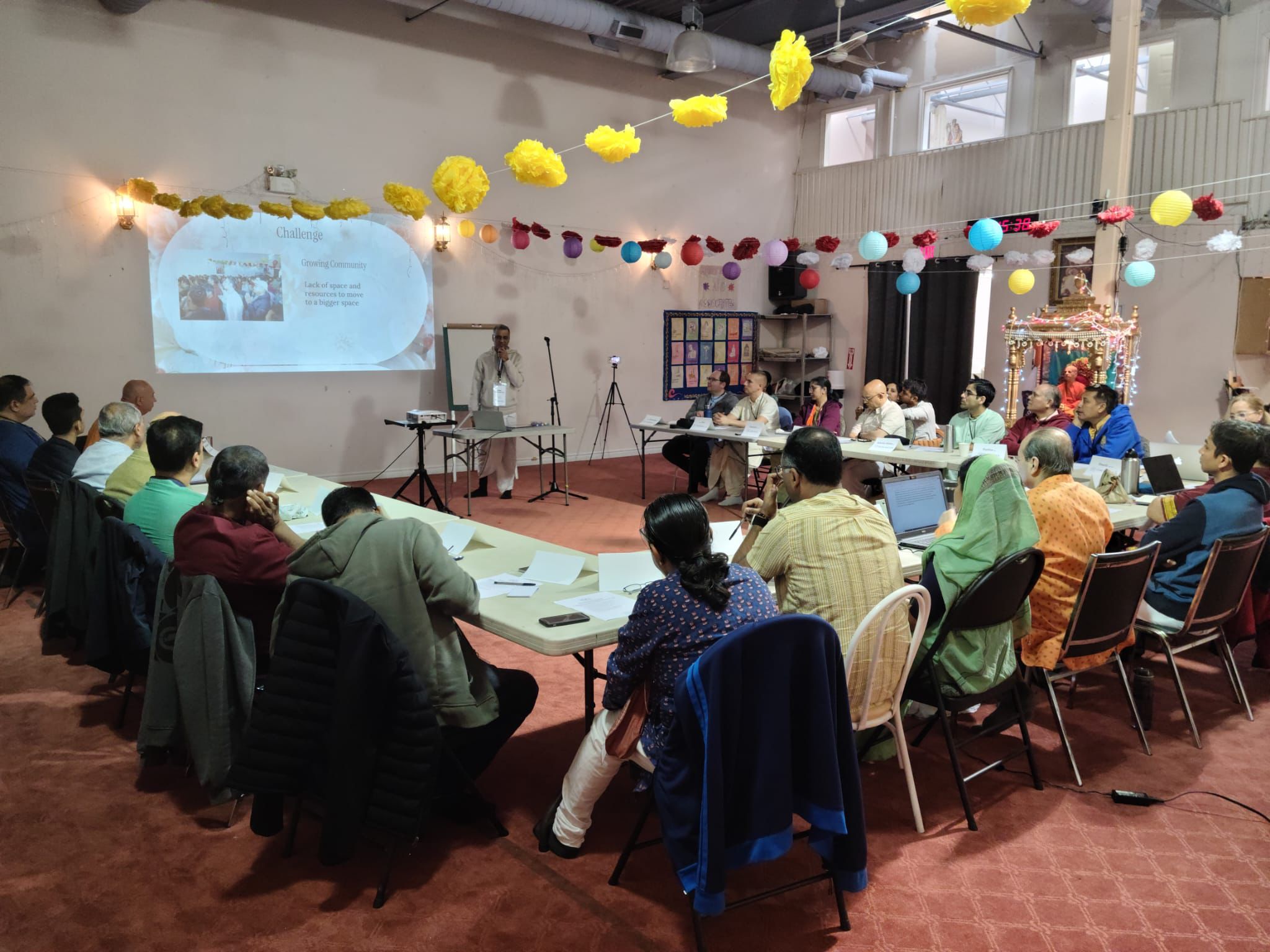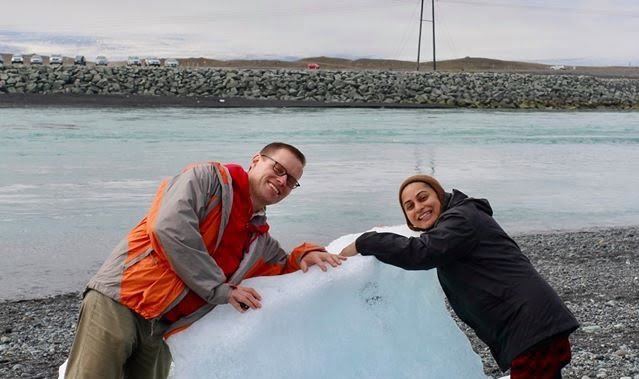Australia Threatens Japan Over Whaling Program
By Kristen Gelineau | Dec 12, 2009

SYDNEY: Australia’s prime minister threatened legal action against Japan on Friday if it does not stop its research whaling program that kills up to 1,000 whales a year.
Prime Minister Kevin Rudd’s comments came as the Australian Broadcasting Corp. quoted Japanese Foreign Minister Katsuya Okada as saying in an interview that Japan has no plans to halt its killing of whales in the Antarctic.
“We don’t accept Japan’s premise for those terms of so-called scientific whaling,” Rudd told Australia’s Fairfax Radio Network. “If we cannot resolve this matter diplomatically, we will take international legal action. I’ve said that before — I’m serious about it.”
Japan’s whale hunts are allowed under international rules as a research program, despite a 1986 ban on commercial whaling. Whale meat not used for study is sold for consumption in Japan, which critics say is the real reason for the hunts.
On Thursday, ABC broadcast an interview with Okada in which he said the expeditions would continue.
“We do not think there is a need for a policy review at this point in time,” Okada said, according to ABC’s translation of his comments from Japanese to English. “I think we should try to discuss it without emotion and in a very calm way.”
Australia, a staunch anti-whaling nation, has threatened international legal action against Japan before. Two years ago, it sent a ship to Antarctic waters to follow the Japanese whaling fleet and collect videos and photographs it said might be used as evidence in an international forum. So far, the threats have not been followed up.
ABC said Okada made no mention of scientific research in the interview and defended the whaling program on the basis that eating whale meat is a key part of Japanese culture.
“I think food is an important element of culture and therefore there is a need to mutually respect and recognize each other’s culture,” Okada said, according to the ABC translation. “It might be that there is something Australians eat that the Japanese do not. Of course, it would be a different story if those species were endangered species on the verge of extinction. But if not, I think the average Japanese would like to continue consuming whale meat into the future.”
Japan’s Foreign Ministry declined to confirm the accuracy of the quotes.
In June, Australia and New Zealand challenged Japan’s whaling program by announcing they will conduct non-lethal whale research in the Antarctic early next year to prove that whales can be studied without killing them.
Japan sends a whaling fleet to the Antarctic each year to hunt hundreds of mostly minke whales, a relatively abundant species. The ships are due to arrive in the area within days.
The fleet is often confronted by activists from the anti-whaling group Sea Shepherd Conservation Society, and clashes involving hurled stink bombs and ship collisions have become common. The activists left Australia recently to pursue the Japanese ships.
Australia, New Zealand and the Netherlands — where the activists’ ships are registered — this week urged both sides not to engage in violence this season.
“The Southern Ocean is a remote and inhospitable region where the risk of adverse incidents is high and the capacity for rescue or assistance is low,” the countries’ foreign ministers said in a joint statement. “Our governments jointly call upon all parties to exercise restraint and to ensure that safety at sea is the highest priority.”














